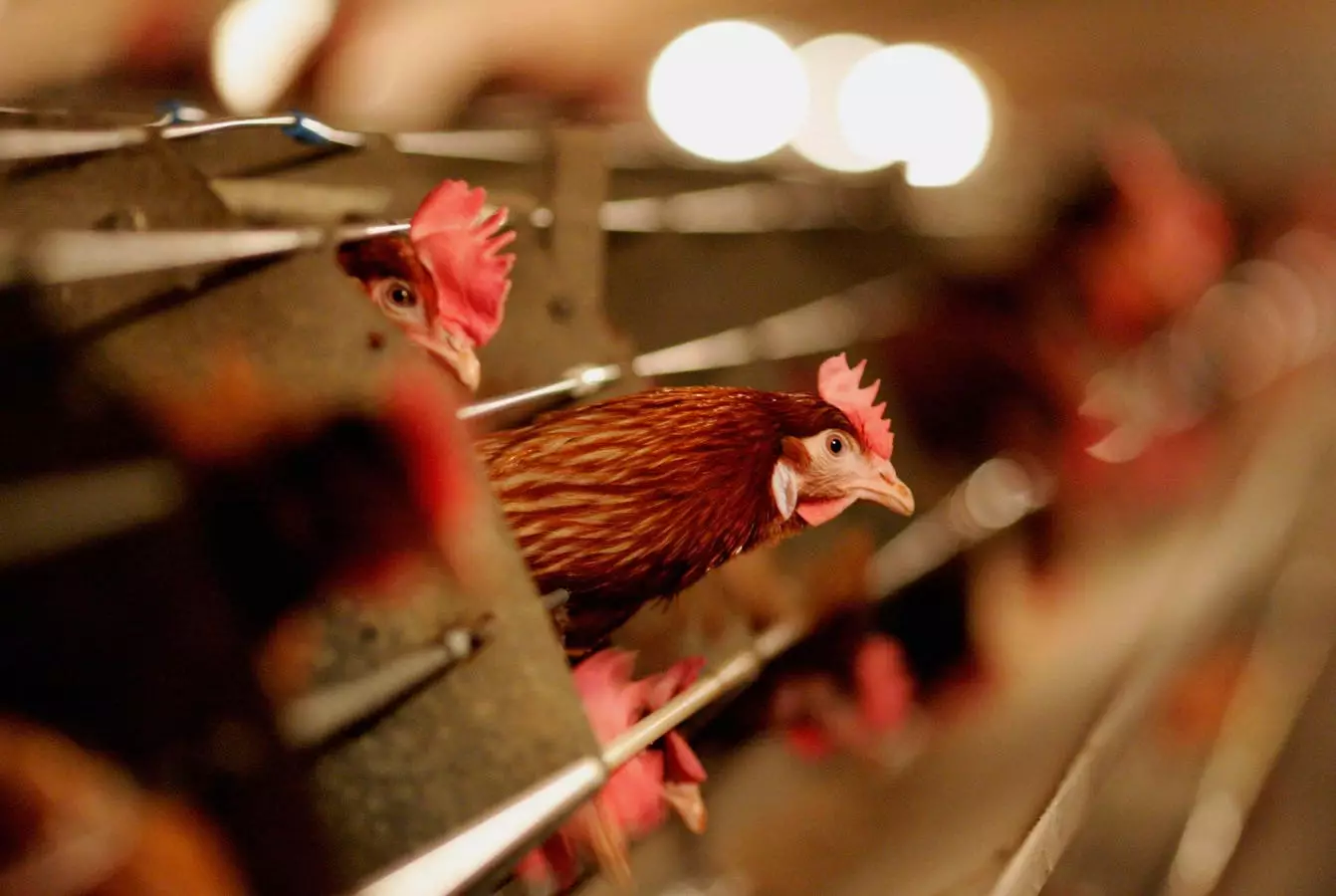The COVID-19 pandemic was a watershed moment for the global community, revealing the deep-seated inequalities that permeate our societies and systems. It has transformed perspectives on public health, not just highlighting the urgent need for comprehensive health policies but also shaping responses to future outbreaks. As we traverse the post-pandemic landscape, we must engage with the lessons learned—lest we face even graver challenges. One pivotal area of concern is the emergence and potential spread of avian influenza, or Highly Pathogenic Avian Influenza A (HPAI) H5N1. We find ourselves at a crossroads—armed with new knowledge yet hesitating to act decisively.
Understanding the Current Threat of HPAI H5N1
Since 2022, HPAI H5N1 has wreaked havoc on avian populations, leading to the loss of an alarming 150 million birds and significant economic turmoil for the farming sector. Although avian influenza primarily impacts birds, including poultry, discerning patterns of transmission to mammals—humans included—raise the stakes significantly. Reports reveal that more than 102 human cases have emerged globally since 2024, underscoring a concerning mortality rate. Approximately 70 of these cases have occurred in the United States, positioning the country at the epicenter of this emergent threat. The intersection of animal health and human wellbeing has never been more pronounced, demanding urgent attention and action.
The Call for Proactive Measures in Public Health
As history has taught us, ignoring the potential for zoonotic diseases like HPAI H5N1 is an indulgence we can no longer afford. Public health experts, including pioneers like Dr. Amesh Adalja from the Johns Hopkins Center for Health Security, emphasize that we possess the necessary tools and strategies to mitigate this threat effectively. The time to implement vaccination programs, increase investment in research, and foster global cooperation is now—before we find ourselves overwhelmed by a burgeoning crisis. Vaccination remains our best defense, yet recent political maneuvers suggest a retrenchment from forward-thinking policies.
It is particularly alarming that key figures in our government have reversed commitments to combat this virus. When Agriculture Secretary Brooke Rollins initially pledged $100 million toward vaccine development, it offered a glimmer of hope. However, subsequent statements declaring that vaccines are “off the table” reveal a dangerous lack of foresight. This troubling trend of undermining vaccine research, epitomized by the recent cancellation of a lucrative contract with Moderna for a human avian flu vaccine, lays bare a misalignment between political agendas and public health imperatives.
The Risks of Neglecting Scientific Evidence
The alternative—the approach of allowing HPAI H5N1 to “run its course” in avian populations—poses a catastrophic risk. Prominent veterinarians have denounced this notion, labeling it a “recipe for disaster.” The reality is clear: neglecting vaccine deployment or retreating to suboptimal strategies endangers both animal and human health. Leading experts signal an overwhelming consensus that vaccinations can save lives, evidenced not only by promising research but also by successful initiatives already underway in other nations. Countries like Finland have begun implementing avian flu vaccinations for their populations, showcasing the paramount importance of proactive, science-driven public health strategy.
International Collaboration: A Necessity Not a Luxury
On a global scale, structures are developing to bolster responses to future viral threats. The World Health Organization (WHO) has initiated reforms aimed at international collaboration, creating frameworks that would ideally mitigate similar crises. By enhancing surveillance and improving response capabilities, nations can better handle such outbreaks. Yet these advancements are jeopardized by national policies that pull back from necessary commitments to global health. The previous administration’s decision to exit the WHO underscores a dangerous trend that can limit our preparedness for events that transcend borders, a lesson all too evident from the COVID-19 experience.
Social responsibility should guide our policies rather than the divisive nature of politics. The health of the global community hinges on our ability to respond collectively to emerging threats. Preparing for public health risks encapsulates moral imperatives that cannot afford to be overshadowed by political agendas. As we look toward the future, it becomes essential to sound the call for action, amplifying the need for vaccines and collaborative health infrastructure.
At this critical juncture, let us not repeat the mistakes of the past. The cost of inaction is simply too high, and we have an obligation to prioritize evidence-based policies that put community health above all else. Preparing to confront avian influenza could prevent an escalation of human and economic consequences that may otherwise sweep the globe. In facing the avian flu, let us embrace wisdom, foster collaboration, and take decisive steps toward safeguarding our future.


Leave a Reply